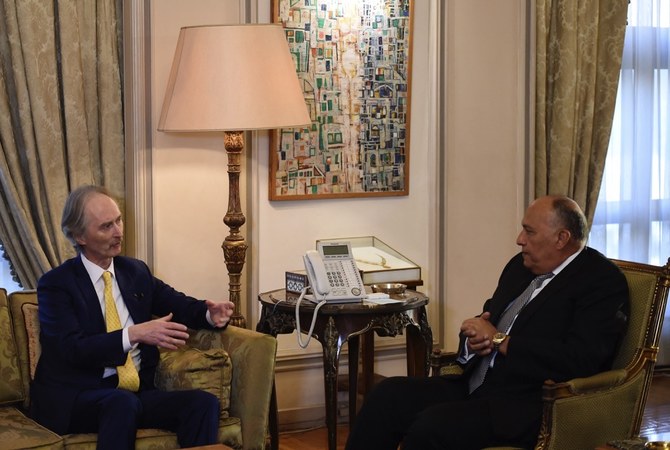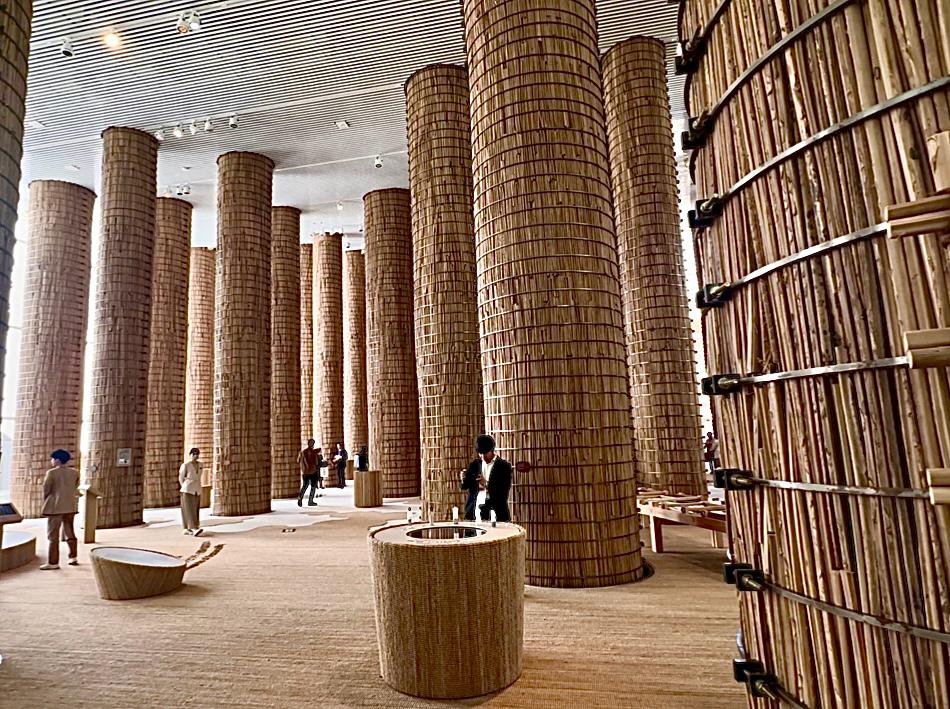DUBAI: Yemen is “not a battleground for settling scores, nor part of any external compromises,” a top government official told Asharq Al-Awsat in an exclusive interview.
Brig. Gen. Tariq Mohammed Abdullah Saleh, a member of Yemen’s Presidential Leadership Council with vice-presidential rank, further emphasized that diminishing the country to a pawn between powerful nations engaged in political play undermines its sovereignty and regional security.
“The world would be making a mistake by accepting Yemen as a bargaining chip in Iranian negotiations,” said Saleh, who also heads the Political Bureau of the National Resistance. He also emphasized Yemen’s strategic importance to global shipping routes.
Saleh has remained largely out of public view since the US intensified its air campaign against the Iran-aligned Houthis to stop the threat they pose to civilian shipping and military vessels in the Red Sea and Gulf of Aden.
He further warned that keeping Yemen “a base for the Iranian Revolutionary Guard” threatens not only Yemenis but also regional and international interests.
But achieving stability in the conflict-ridden country hinges on supporting a national state rooted in constitutional rule and genuine popular consensus, not on short-term geopolitical deals, Saleh added.
He called for stronger support for Yemeni forces on the ground to restore balance, not as a tool for escalation, but because it is a national imperative to protect civilians and preserve hard-won gains.
He said the Yemeni government was in ongoing coordination with international partners and the Saudi-led coalition backing legitimacy in Yemen to secure further assistance for the national struggle.
Cooperation with regional and international partners to bolster the country’s coast guard, particularly in the Red Sea, a strategic artery for global trade, also continues, the Yemeni official said.
Maritime security cannot be separated from national sovereignty, and defending sea lanes was integral to restoring state authority on land and at sea, Saleh said.
On achieving peace in Yemen, Saleh said: “There is no meaning to any settlement that does not subject the Houthis to the Yemeni constitution and the rule of law.” He discounted any notion that the militia group could be accommodated outside a constitutional framework.
“Peace cannot be granted to a group that rejects the state,” he said. “It is forged when the state regains the capacity to enforce the law and protect its citizens.”
For Saleh, forging a peace agreement with the Houthis — whom he describes as a bloodthirsty group with no commitment to national frameworks and an ideology rooted in an enemy state — was virtually nonexistent.
He accused the Houthis of placing their leadership and institutions tied to Iran’s Revolutionary Guard Corps above Yemen’s state institutions.
“Governance is about managing people’s affairs based on shared frameworks,” Saleh said. “The Houthis do not abide by any of that.”
Saleh has put direct blame on Iran for perpetuating the conflict through its armed proxies, keeping Yemen hostage to violence and rebellion, although Tehran has continually denied its involvement.
Saleh also acknowledged the challenges facing the Presidential Leadership Council, and described the internal disagreements as “natural,” given the complexity of the crisis in Yemen.
“In the end,” he said, “what unites us is greater than any differences.
“Disagreements are natural in any leadership body, particularly in exceptional conditions like Yemen’s,” he said. “But more important is our ability to navigate this diversity and divergence while remaining committed to the national interest.”



























